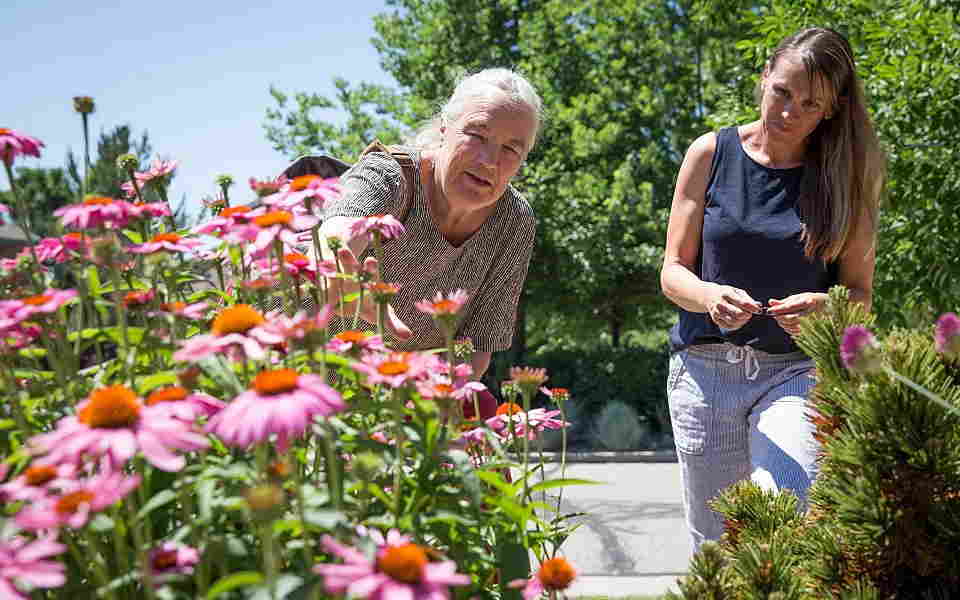Most people’s first thought when they hear the words, ‘landscaping’ and ‘mental health’ will be that there is not much congruency between them. That is understandable as the worlds of garden landscapes and the wellbeing of our minds are two very distinctive subjects.
Most people will at least accept that a garden is a place where you can sit and relax, soak up the sunshine or play with your children, all of which are healthy pursuits and commensurate with feeling good. We could simply leave it at that as proof that a garden designed by yourself or landscape architects can have a positive impact on our mental health.
However, it goes much further than that, and if we focus on landscaping and how it can boost our mental health, there has not only been a lot written about this but there have even been studies and academic papers written on the subject too. Some of the research has found evidence that experiencing the outdoors and nature as you would when both creating and using a landscaped garden, can induce the following:
- Improved Memory
- Improved Attention
- Happiness
- Social Engagement
- Reduced Stress
- Improved Sleeping Patterns
- Improved Task Management
Beyond what we have just outlined, a further methodology to help achieve mental wellbeing can be especially applied to landscaping. A New Economics Foundation study concluded that there are five steps to achieving mental wellbeing within gardening and landscaping projects and if they are all present, then the desired improvements in mental health should be more readily accomplished. Here are those five steps.
Connect: Connecting with others, communicating with them, and interacting with them can boost mental health. Within landscaping, this will include the landscaping company, but also your friends, family, and neighbours who you may turn to for ideas, or invite into your landscaped garden to share it with you, once it has been completed.
Be Active: You may have a role to play in conjunction with your landscaping company in the construction of your landscaped garden but more likely it is after it is completed when you become most active. Caring for and maintaining your landscaped garden will be the primary example, but you may also choose to exercise in your garden or play with your children, both of which can boost your mental wellbeing.
Take Notice: This might seem a bit unusual, but it is actually very simple, and it is positive for your mental wellbeing. All it needs when you are in your garden is for you to look around you and wonder at its beauty and diversity. Look at the detail in the leaves of plants and trees, focus on the various colours within your garden, ponder the shapes of everything, and even look at how the shades of the grass change across your lawn.
Keep Learning: An active mind is a healthy mind, and there is no better way to keep it active than learning. Be that about new flowers and bushes you might plant, how to deal with garden pests, alternative landscaping layouts, or simply the best ways to water your lawn, learning about them all boosts your mind.
Give: Giving to others is a hugely positive act and that positivity extends to your mental health. Donating plants and flowers to good causes, giving a talk at local clubs about your garden, or simply inviting someone to sit and enjoy your garden, are all great examples of giving.

